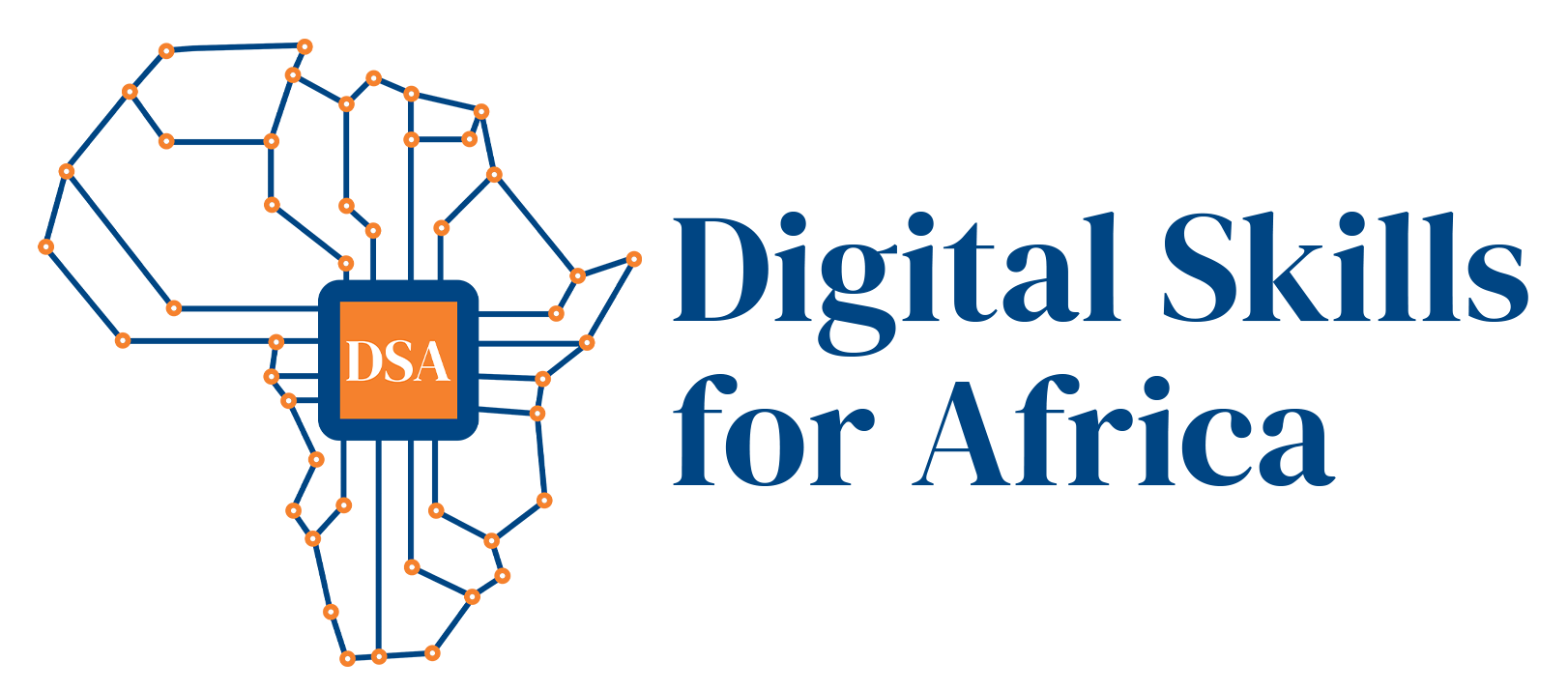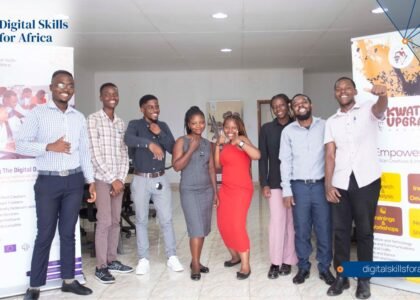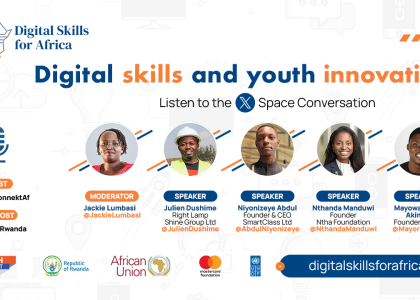In 2019, the Kwathu Innovation & Creative Centre started developing an LMS platform, Digi Savvy Africa, which was awarded as the EdTech innovation of the Year by the ICT Association of Malawi at the 2021 Innovation Jam. Through the World Bank funded Digital Malawi project, Ntha Foundation has been able to train over 600 young people in various digital and entrepreneurial skills using the platform.
Here are our specific areas of focus in the EdTech innovation space:
- Personalized Learning: Edtech platforms aim to tailor learning experiences to individual students’ needs, learning styles, and paces. Adaptive algorithms and data analytics help create customized learning paths, ensuring students receive appropriate content and challenges.
- Online and Blended Learning: The pandemic accelerated the adoption of online and blended learning models. Edtech solutions offer virtual classrooms, video lectures, discussion forums, and interactive simulations, enabling students to learn remotely or combine online and in-person experiences.
- Gamification and Learning Apps: Gamification elements, such as rewards, badges, and competition, are integrated into educational apps to enhance engagement and motivation. These elements can make learning more enjoyable and effective for students.
- Virtual Reality (VR) and Augmented Reality (AR): Immersive technologies like VR and AR offer opportunities for interactive and experiential learning. Students can explore historical events, simulate scientific experiments, or travel to distant places, enhancing understanding and engagement.
- Artificial Intelligence (AI) in Education: AI-driven tools analyze student data to provide insights into learning patterns, predict performance, and offer personalized recommendations. AI can also automate administrative tasks for educators.
- Coding and STEM Education: The demand for technology skills has led to an emphasis on coding and STEM (science, technology, engineering, and mathematics) education. Edtech platforms offer interactive coding lessons, robotics kits, and hands-on STEM activities.
- Social and Collaborative Learning: Edtech tools facilitate collaboration among students, allowing them to work together on projects, share resources, and engage in discussions, even when learning remotely.
- Language Learning Platforms: Language learning apps use AI to personalize lessons and offer interactive experiences like language immersion, real-world conversations, and pronunciation practice.
- Assessment and Feedback Tools: Edtech solutions provide automated grading, immediate feedback on assignments, and assessment tools that measure students’ understanding and progress.
- Professional Development for Educators: Edtech isn’t just about student learning; it also supports teachers’ professional development. Platforms offer online courses, webinars, and resources for educators to enhance their teaching skills.
- Data Privacy and Security: As edtech platforms collect and handle sensitive student data, ensuring data privacy and security has become a significant concern. Innovations focus on robust security measures and compliance with data protection regulations.
- Equity and Inclusion: Edtech innovation also addresses issues of equity and inclusion, aiming to bridge the digital divide by ensuring access to quality education for all students, regardless of their socioeconomic background or disabilities.
The edtech landscape is rapidly evolving, and new trends continue to emerge. We are very responsive to this evolution, and continue to adapt to new trends.
To keep up with the work of the Ntha Foundation, our hub, initiatives and projects, follow our social media pages:




